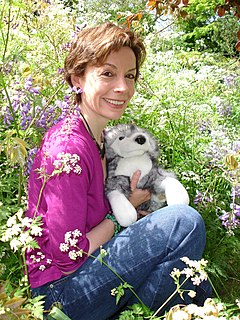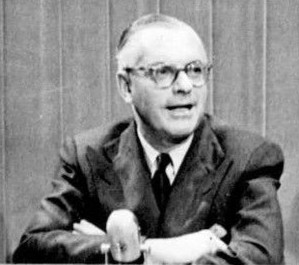A Quote by Michelle Paver
I've wanted to write a ghost story for years, and my main aim was to write the most frightening ghost story that I could think of.
Related Quotes
This fear is one of the horrors of an author's life. Where does work come from? What chance, what small episode will start the chain of creation? I once wrote a story about a writer who could not write anymore, and my friend Tennessee Williams said, 'How could you dare write that story, it's the most frightening work I have ever read.' I was pretty well sunk while I was writing it.
Over the years, I've come to realize that sometimes a ghost isn't always a ghost. Sometimes, telling a ghost story is a way to talk about something else present in the air, taking up space beside you. It can also be a manifestation of intuition, or something you've known in your bones but haven't yet been able to accept.
I'm not 100% sure 'Rebecca' qualifies as a thriller, given it's three parts screwed-up love story and two parts ghost-story-without-a-ghost, but the mystery at the heart of the novel is what happened to Maxim's first wife, the eponymous Rebecca, and it's unravelled with the pacing and finesse of the finest psychological thrillers out there.





































